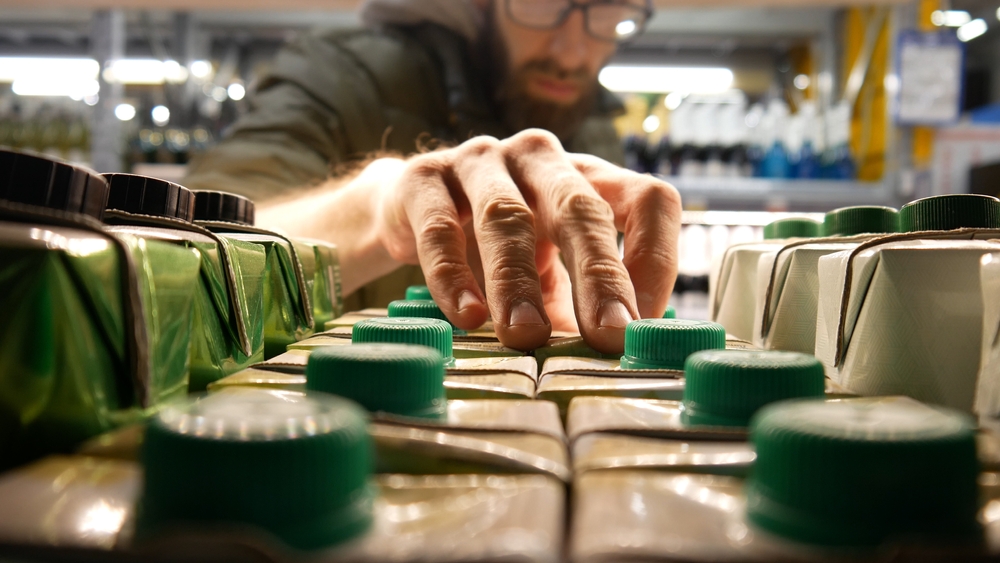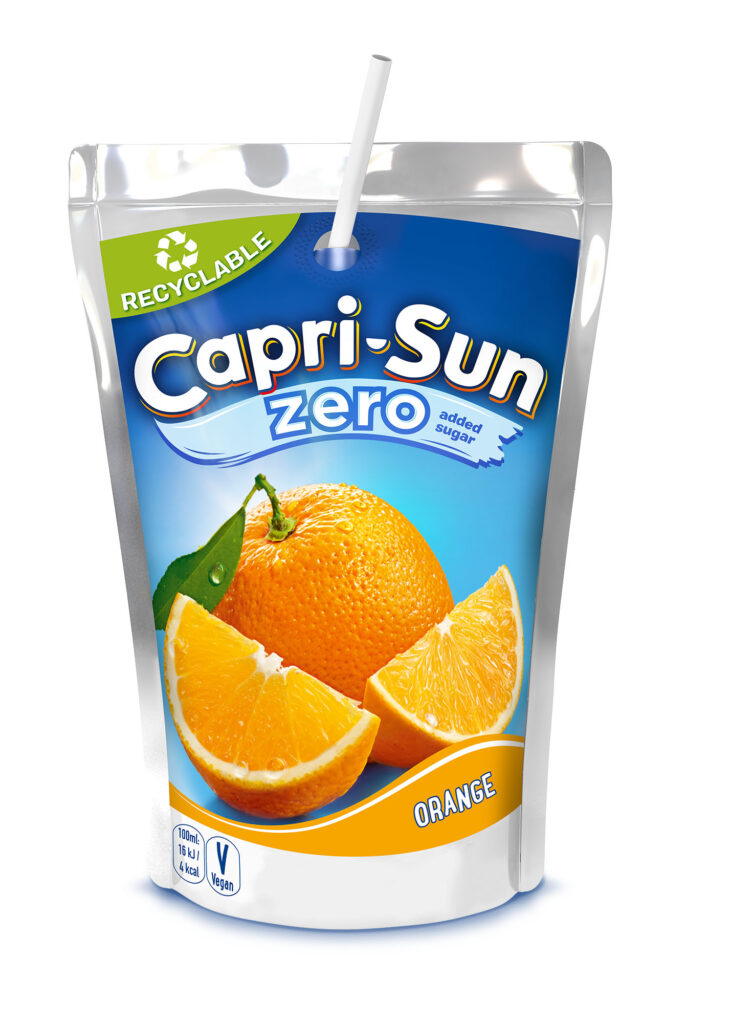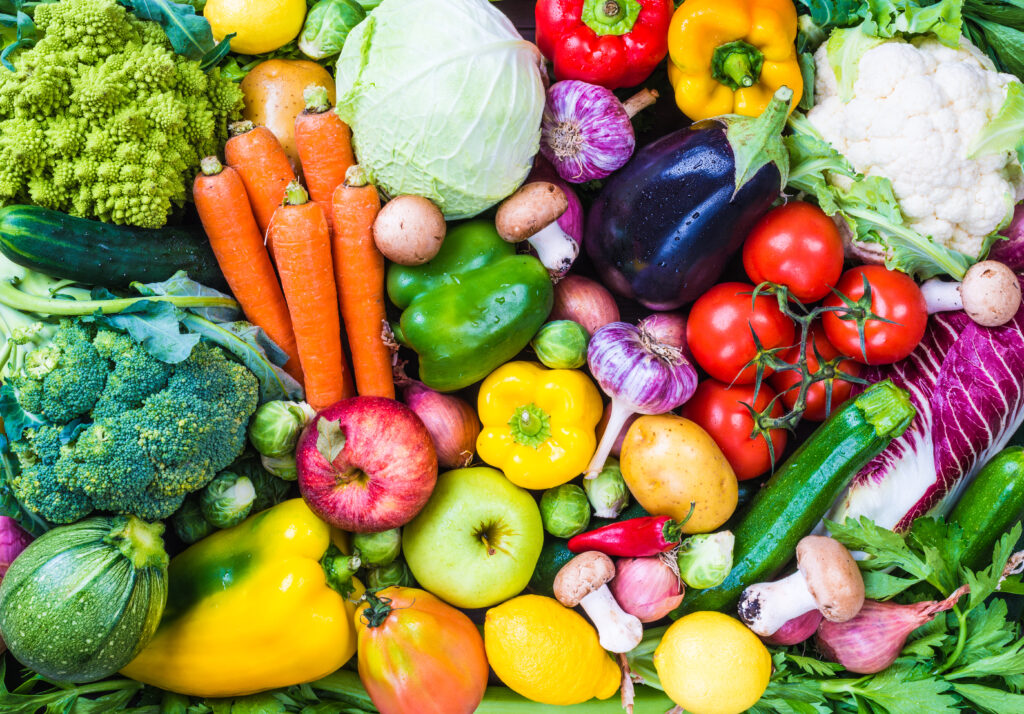The Bill is currently passing through the House of Lords and remains on track to become law in the autumn. It provides for many of the policies laid out in 2018’s Resources and Waste Strategy, including the introduction of the DRS in England, Wales and Northern Ireland.

While the introduction of a DRS has been in the works since 2017 and was scheduled for 2023, the recent consultation on the scheme indicated it would not be up and running until 2024 (see letsrecycle.com story).
Scotland will introduce its own scheme in July next year.
Yesterday (5 July), Lords debated an amendment to the Bill which would require a DRS in England, Wales and Northern Ireland to be operational by January 2023.
Independent crossbencher Viscount Colville of Culross described the DRS as “one of the most important parts of this Bill”.
He said: “The scheme is so important that it needs to be wider in scope and swifter in implementation.
“The present target of late 2024 at the earliest is far too slow for such an important measure. It was first announced by Michael Gove in October 2017; the initial consultation promised implementation at the start of 2023; now we are told it will be the end of 2024 at the earliest.
“This chronology means that the present target for the much-anticipated DRS will mean at least six and a half years before implementation.”
Pandemic
However, environment minister Lord Goldsmith suggested an earlier implementation date for the DRS was unlikely due to the impact of the Covid-19 pandemic.
“We need to make sure we balance this anticipation with the needs of businesses”
Lord Goldsmith
Defra environment minister
He said: “I appreciate that noble Lords are keen to see the introduction of a DRS for drinks containers introduced as soon as possible — so am I. But realistically, particularly following the impact of the pandemic, we need to make sure we balance this anticipation with the needs of businesses, which will need time to adapt their processes to a DRS.
“The impact assessment for this measure identified that the net costs to businesses were likely to be £266 million a year, so we need to make sure that we fully consider the time needed for them to adapt.”
Nappies
Meanwhile, on 30 June Lords debated an amendment to the Bill which would see schemes established by regulations to reduce the impact of nappies on the environment.
Former Green party leader Baroness Bennett, currently vice-president of the Local Government Association, said she had worked on the amendment with the Nappy Alliance, which represents makers of reusable nappies. She said single-use nappies often ended up contaminating recycling because of “misleading labels and consumer confusion”.
Single-use nappies often end up contaminating recycling because of misleading labels and consumer confusion
The amendment would introduce a levy to be paid by nappy manufacturers to fund a scheme to help people use reusable nappies.
Baroness Bennett said: “There are some really good local authority small-scale practical schemes that are helping people change to using reusable nappies and get away from single-use nappies.
“Often, they are based on nappy libraries – frequently run by volunteers, most usually women – which have a range of nappies that families can try out. People can see which ones are suitable before they spend money.
“Many local authorities, by no means all and by no means extensively, offer schemes that can help families to purchase reusable nappies.
“The problem is, of course, that when you have a new and growing baby, you need a set of nappies, which is a big initial outlay beyond the reach of many people.”












Subscribe for free